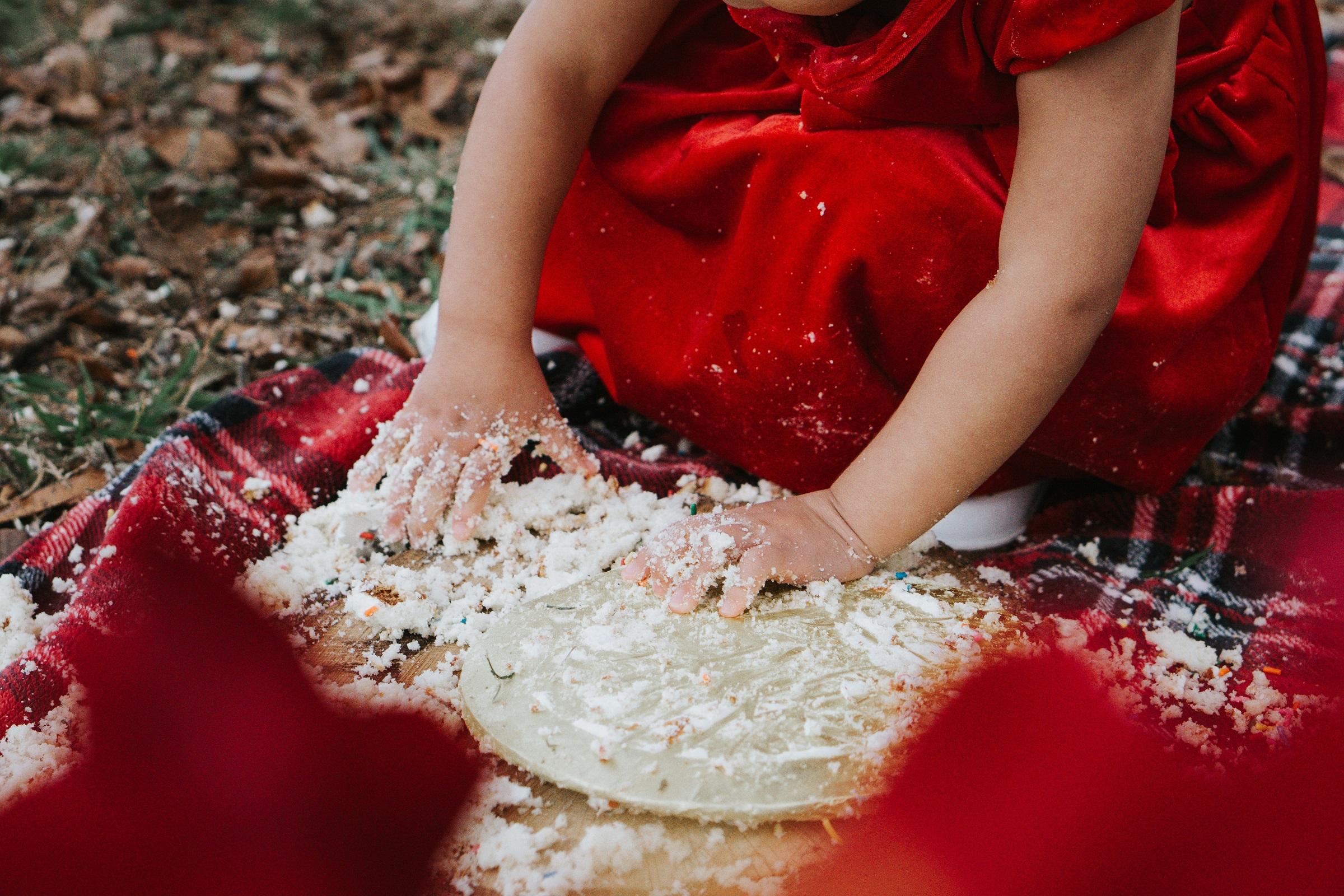- Home
- »Articles
- »Messy play
- »What Age Should Kids do Messy Play?



What Age Should Kids do Messy Play?
24 June 2023
Though it might seem like something to be avoided, doing messy play activities is very beneficial for children. You might not be sure what age you should start incorporating messy play into your child’s routine though. Here are five things to consider:
Gross Motor Skills
When it comes to messy play, gross motor skills are an important consideration. This type of play requires children to use their muscles to move around, climb, and explore their environment. For some children, this can be a bit of a challenge. If they are not yet able to walk or crawl, they may need some assistance to participate. With a bit of help and encouragement, most children will be able to enjoy this type of activity with no problem.
Fine Motor Skills
Fine motor skills involve using small muscles in the hands and fingers to perform tasks such as grasping and manipulating objects. This fine motor control is essential for activities such as painting, clay sculpting, and using scissors. However, children can develop their fine motor skills through taking part in messy play, so make sure the activities are appropriate to their level of skill, so they don’t get frustrated. Finger or hand painting might be more suitable to very young children, rather than holding a paintbrush.
Potential for over stimulation
Messy play can be very stimulating and provide learning opportunities, but it can also be overwhelming for some children. If you know your child finds sensory experiences overstimulating, messy play might not be the right activity for them as they could become overwhelmed and upset.
Safety
If you know your child is going to put things in their mouth, it’s best to choose messy play activities that involve edible items. While products like paint and glue aimed at children tend to be non-toxic, it’s best to avoid them if your little one is likely to eat them. Try using food with different textures, like mashed potato, custard and jelly. If your child is less inclined to put things in their mouth, you can introduce paints, sand and mud into the messy play.
Mess tolerance
When deciding if a child is ready for messy play, it is important to consider their mess tolerance. Some children are naturally tidy and may not enjoy getting dirty. Others may be more tolerant of mess and be able to see the fun in playing with food or paint. If a child is not comfortable with being dirty, they may become upset or frustrated during messy play. On the other hand, if a child can tolerate mess, they will be able to enjoy the sensory experience of messy play without becoming overwhelmed.
There is no one correct answer when it comes to the age at which kids should do messy play. It depends on the developmental level of your child and their ability to tolerate different sensory stimuli. However, there are a lot of different activities which can constitute messy play, so you can adapt accordingly.
Photo by Tatiana Rodriguez on Unsplash
